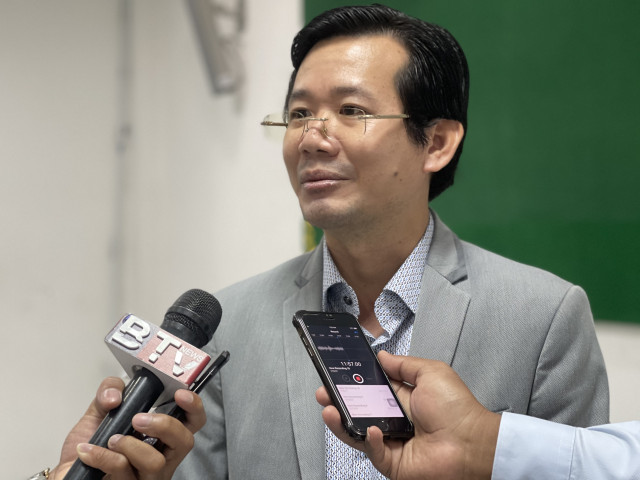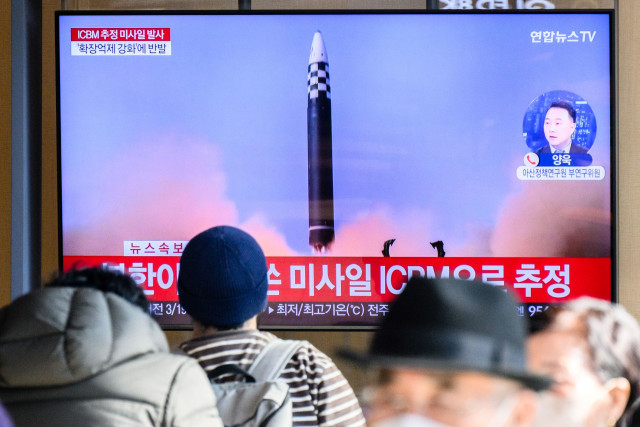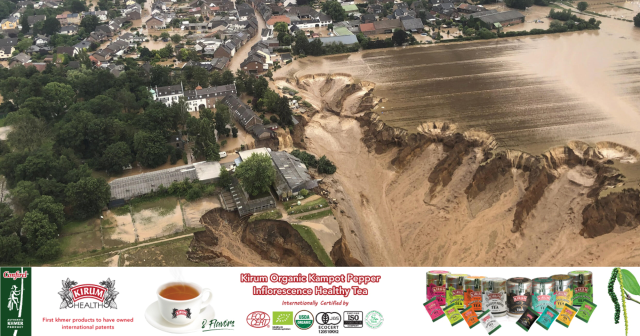Indigenous People March in Brazil to Demand Land Demarcation

- By Agence France-Presse (AFP)
- April 24, 2024 2:10 PM
Brasília, Brazil -- Thousands of Indigenous people with colorful feathered headdresses and bows and arrows marched Tuesday in Brazil's capital to demand the demarcation of their lands, an issue that pits a leftist president again a conservative-dominated congress.
One of President Luis Inacio Lula da Silva's campaign pledges before taking power last year was to set boundaries for the traditional lands of Brazil's 1.7 million Indigenous people, resuming a policy that his far-right predecessor Jair Bolsonaro had abandoned.
Scientists say Indigenous people are so good at preserving their land that demarcation helps protect the environment.
Lula so far has set up 10 new officially recognized Indigenous areas, but the demonstrators who were out Tuesday want him to do more.
"There is an Indigenous emergency," Jaqueline Arandurah, a leader of the Kaiowa people in the southern state of Mato Grosso do Sul, told AFP.
"Lula has been in power more than 400 days and our lands have not been demarcated."
Wearing their traditional dress, they filled a broad esplanade that houses many government ministries in Brasilia while others, some with their faces painted, marched on Congress, singing and dancing as part of an annual Indigenous land-rights festival.
Demarcating Indigenous lands is a touchy subject in Brazil, with critics in the powerful agro-business sector and its allies in Congress.
These lawmakers managed to keep on the books a controversial policy that the Supreme Court ruled unconstitutional. It holds that Indigenous people can lay claim to lands they were living on as of 1988, when the current constitution came into effect, but not before.
Indigenous people say this ignores their presence in these lands going back centuries.
The court threw out this policy in September of last year but will have to address the issue again as it is still part of the law.
"It is offensive to say were invaders, as we are not," said Walderir Tupari of the Tupari people in the northern state of Rondonia.
"We have not been here only since 1988. We have been here a long, long time," he added.
© Agence France-Presse















